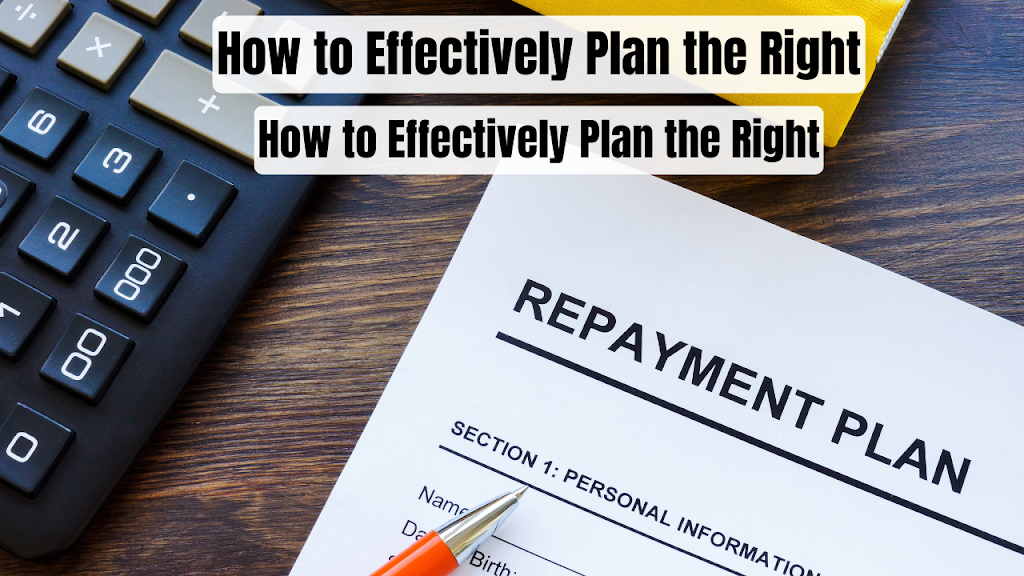Best Personal Loans For Students With No Income in 2024
 |
| Best Personal Loans For Students With No Income in 2024 |
Managing money as a student may be difficult, particularly when your income is restricted or nonexistent. This may become much more difficult when unexpected costs arise and you need assistance handling financial bumps in the road. Personal loans are accessible to students who do not have an income. A personal loan might help pay unexpected education expenditures, but they frequently have exorbitant interest rates.
Tips to Compare Personal Loans for Students With No Income
With so many alternatives available, evaluating loan offers is essential for making an educated selection. When looking for a personal loan, consider the following factors:
- Interest Rate: Personal loan interest rates normally run between 4% and 36%, but the rate you qualify for is determined by a variety of criteria, including income. Without money, your rates will undoubtedly be higher than those offered to more qualified candidates.
- Loan terms: A personal loan term is the time period during which you must return the borrowed cash plus interest. Personal loans normally have a period of two to seven years. A longer term results in lower monthly payments, but it also means paying more interest over the course of the loan.
- Payments are made monthly: Consider how much you can afford to spend every month. Lower monthly payments may seem appealing, but they are generally associated with longer periods and higher interest rates.
- Fees and penalties: Some lenders levy origination fees, late payment penalties, and other additional expenses. Origination costs typically vary between 1% and 8% of the loan amount, with larger fees applied to high-risk applicants.
- Repayment alternatives: Some personal loans include flexible repayment alternatives, including payment deferrals and other types of help. These strategies may make debt payments more feasible for students with no income.
What are personal loans for students?
Students’ personal loans function similarly to the best personal loans. Once authorized, the money is sent directly to the student. The student then repays the loan in monthly payments over a certain time period, which might vary from several years to a few decades.
Personal loans may help students pay for part, but not all, of their educational expenses. You may use a personal loan to pay for a variety of unexpected needs, such as books, transportation, and food.
Many personal loan providers do not accept tuition loans. If you’ve exhausted all other financial assistance options, such as scholarships, grants, and federal student loans, private student loans are your best bet for tuition.
Can a student get a loan if they don’t have any income?
A student may be able to get a loan without any personal income, but it will be difficult. Although most lenders need evidence of income to guarantee that the applicant can repay the loan, certain lenders may provide loans to individuals with minimal income and credit history.
These lenders may be the most practical choice for students with no income. Some of these lenders may assess your capacity to repay a loan based on criteria other than your credit and income.
If a student has no income, they may be able to get a loan by applying with a co-signer. A co-signer, who generally has a steady salary and a solid credit score, agrees to assume responsibility for the loan if the student fails to make the payments.
Before taking out a personal loan, ensure that you have explored all federal student loan possibilities. If you have any money left over after paying tuition, you may use it to cover other expenditures like rent or food.
How to Get Personal Loans for Students Without Income
Getting a personal loan with no income requires a few steps:
Determine eligibility for federal student loans. Federal student loans often do not require income proof or a co-signer. To establish your eligibility, complete the Free Application for Federal Student Aid (FAFSA).
- Find a suitable lender: If government loans are insufficient, look into private lenders that give student loans to those with no income. Credit unions, internet lenders, and banks are excellent places to start.
- Consider a cosigner: If you do not have enough money, a co-signer with a steady salary and an excellent credit history may greatly boost your chances of loan acceptance. This individual agrees to be liable for the debt if you fail.
- Prepare an application: Collect any essential documents. This might include your identity, evidence of school attendance, information about your co-signer (if any), and information regarding your future earnings potential.
- Apply: Submit your loan application, verifying that all of the information supplied is correct. You may apply to many lenders to boost your chances of acceptance, but keep in mind that this will have an impact on your credit score.
How to Qualify for Loans Without Income
It may be tough to qualify for loans with no income, but there are a few ways that can help boost your chances:
- Display alternative income: If you do not have a regular salary, you may still be able to apply for a loan by demonstrating alternative sources of income, such as savings, investments, or money from part-time or freelance employment.
- Use collateral. Certain loans, also known as secured loans, allow you to use an asset as collateral, such as a vehicle: These loans may be simpler to qualify for, but if you fail to repay the debt, the lender may confiscate your assets.
- Increase your credit score: A strong credit score might boost your chances of getting a loan, even if you don’t have any income. You may improve your credit score by making on-time payments on current loans and avoiding excessive debt.
- Select a suitable loan: Some loans, such as student loans or payday loans, are intended for people who have little or no income. However, these loans sometimes have hefty interest rates and should only be utilized as a last resort.
Alternatives to Loans for Students Without Income
Learning how to manage financial obligations while pursuing an education is crucial, particularly if you do not have a consistent salary. Personal loans are a reasonable option, but they may not be suitable for everyone. Furthermore, they frequently have high interest rates and stringent repayment programs, which can cause long-term problems.
Fortunately, there are various alternatives to personal loans that might help you fund your education without incurring significant debt.
Scholarships
Because they rarely require repayment, scholarships are an excellent option for funding your education without accumulating debt. They are often merit-based and given to students for academic or extracurricular accomplishments. Many organizations, universities, and even private companies provide a variety of scholarships. To enhance your chances of getting financial help, do research and apply for as many relevant scholarships as possible.
Grants
Grants, as opposed to loans, do not need repayment. This makes them a good choice for students with no money. They are often need- or interest-based and given to students who have shown financial difficulty. Grants are offered by the federal and state governments, as well as institutions and private groups. The Pell Grant is the largest federal grant program, awarded to undergraduate students with severe financial needs.
Work Study Programs
Federal Work-Study provides part-time employment to students in financial need. This enables students to earn money to help pay for their education while also promoting community service and employment that is linked to their field of study. It not only provides cash assistance but also essential job experience.
Tuition Payment Plans
Many institutions have tuition payment plans, which divide the expense of education into more affordable monthly installments. These plans normally have a minimal one-time fee and no interest costs, making them an affordable alternative to student loans.
Part-time employment and internships
Although juggling school and employment may be difficult, part-time jobs or internships can offer a stream of cash to aid with educational costs. Internships may also provide industrial experience and networking opportunities, which can be valuable in the future.
These options are not mutually exclusive and may often be used to help control the expense of schooling.









Leave a Reply